
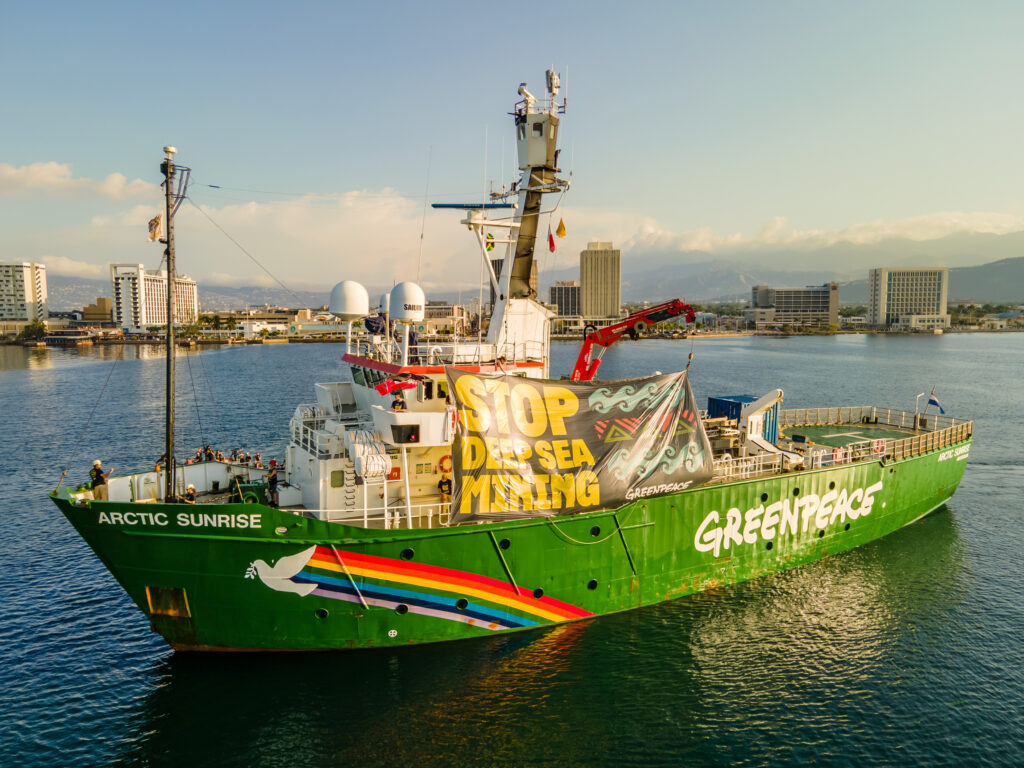
The International Seabed Authority (ISA) ended its 2023 session in Jamaica last week without a deal on proposed regulations for deep-sea mining being finalised.
Debate over the proposed regulations will stretch into next year, as the ISA, the United Nations agency that presides over the international seabed plod along to establish rules and regulations on deep sea mining. The ISA session, which ended last Wednesday, followed nearly two weeks of negotiations on issues including inspection, enforcement, royalties, environmental concerns and financial terms of potential contracts.
The prolonged deliberations in Kingston has led to growing concerns that a company or country could apply for an exploitation licence before any regulatory framework is in place. ISA President Juan José González has explained that if an application is submitted, the council has an obligation to discuss it.
Mining code draft by 2025
According to him, “We would prefer, of course, to have the regulations in place.”
ISA Secretary General Michael Lodge reports that the ISA council expects to have a draft mining code by 2025.
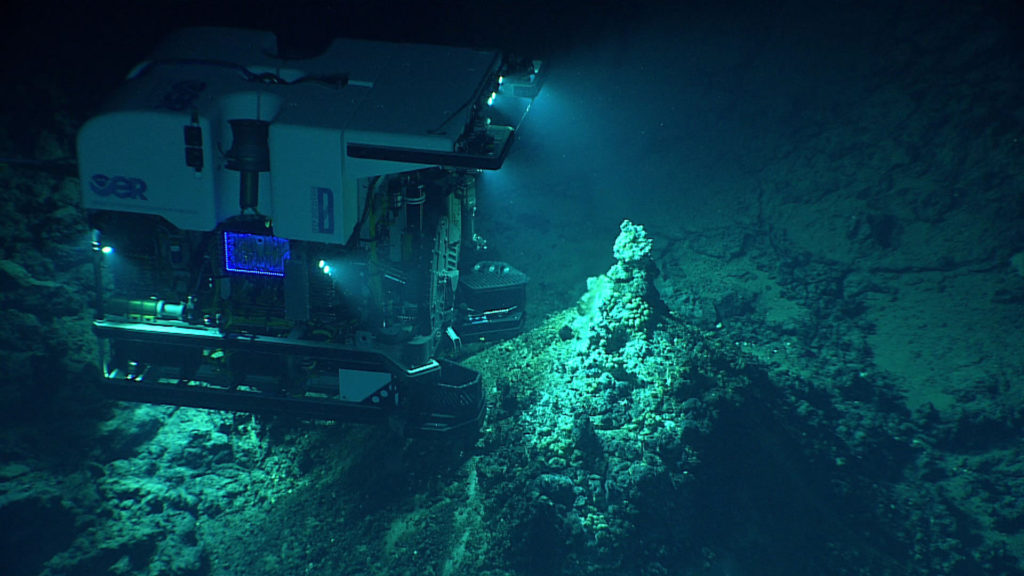
However, it is being reported that a well-known Canadian company’s subsidiary is widely expected to be the first to apply for a deep-sea mining licence. The company has said it expects to make its application in mid-2024.
According to Corey McLachlan, of The Metals Company, while any country or company now has the legal right to apply for such a licence, “We are willing to give (the agency) that additional time and effort.”
The International Seabed Authority has issued more than 30 exploration licences, but no exploitation ones.
The exploration is taking place in an area of 1.7 million square miles (4.5 million square kilometers) between Hawaii and Mexico at depths of up to 19,000 feet (6,000 meters). Among those holding an exploration licences is Nauru Ocean Resources, Inc., a subsidiary of The Metals Company.
It is working with the government of Nauru, a small island in the Pacific, which has pushed for deep-sea mining. Those seeking to launch deep-sea mining operations say they are meeting an increase in demand for metals including copper, nickel and cobalt used in clean energy technologies.
They also argue that it is cheaper than land mining and would have less of an environmental impact. However, scientists and environmental activists have warned that such mining could unleash noise, light and smothering dust storms.
They say not enough is known about the world’s deep seas, noting that less than 1.0 per cent has been explored. More than 20 countries have called for a moratorium or a ban, and companies including BMW and Samsung have promised to avoid using minerals mined from the ocean’s abyss.

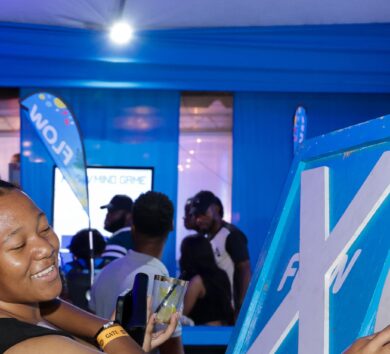
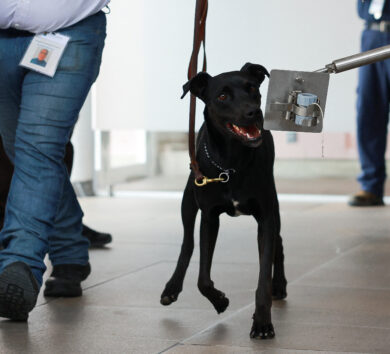

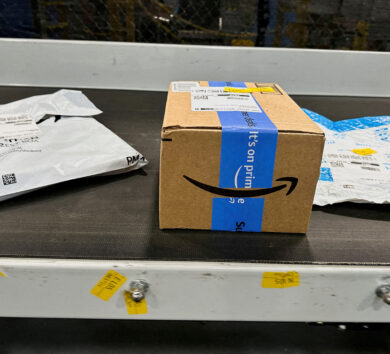
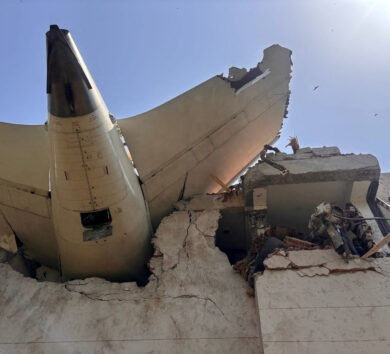
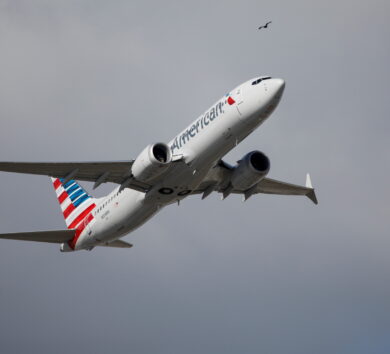
Comments